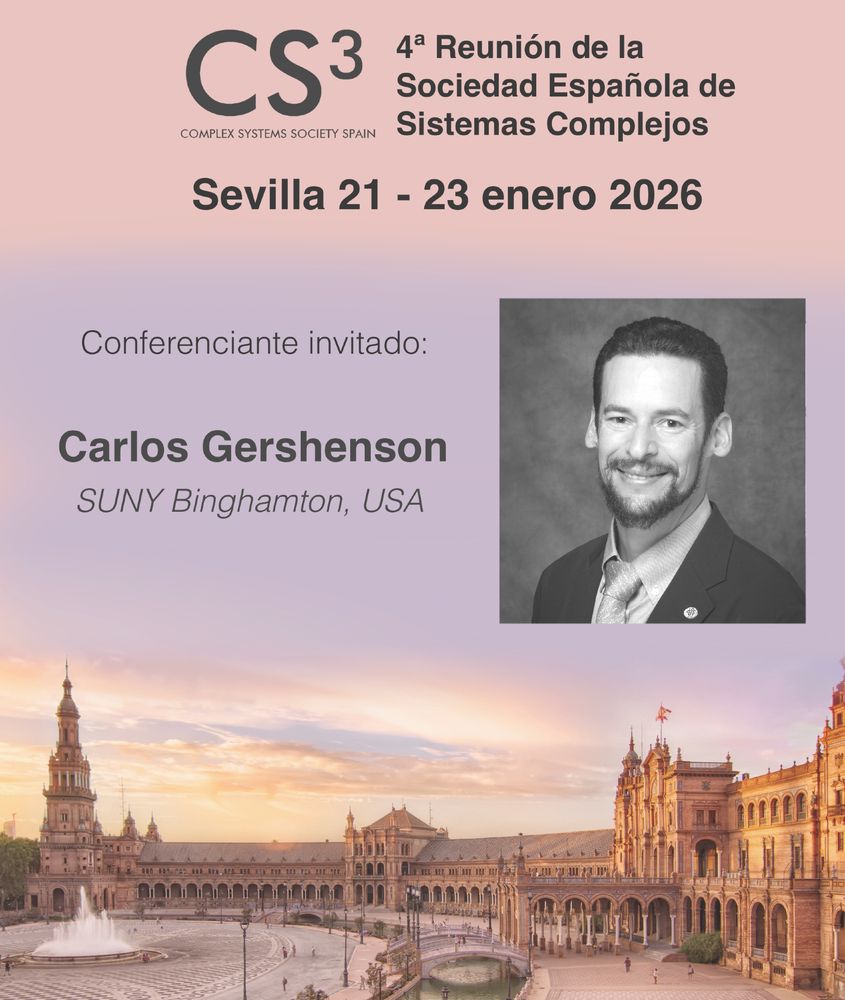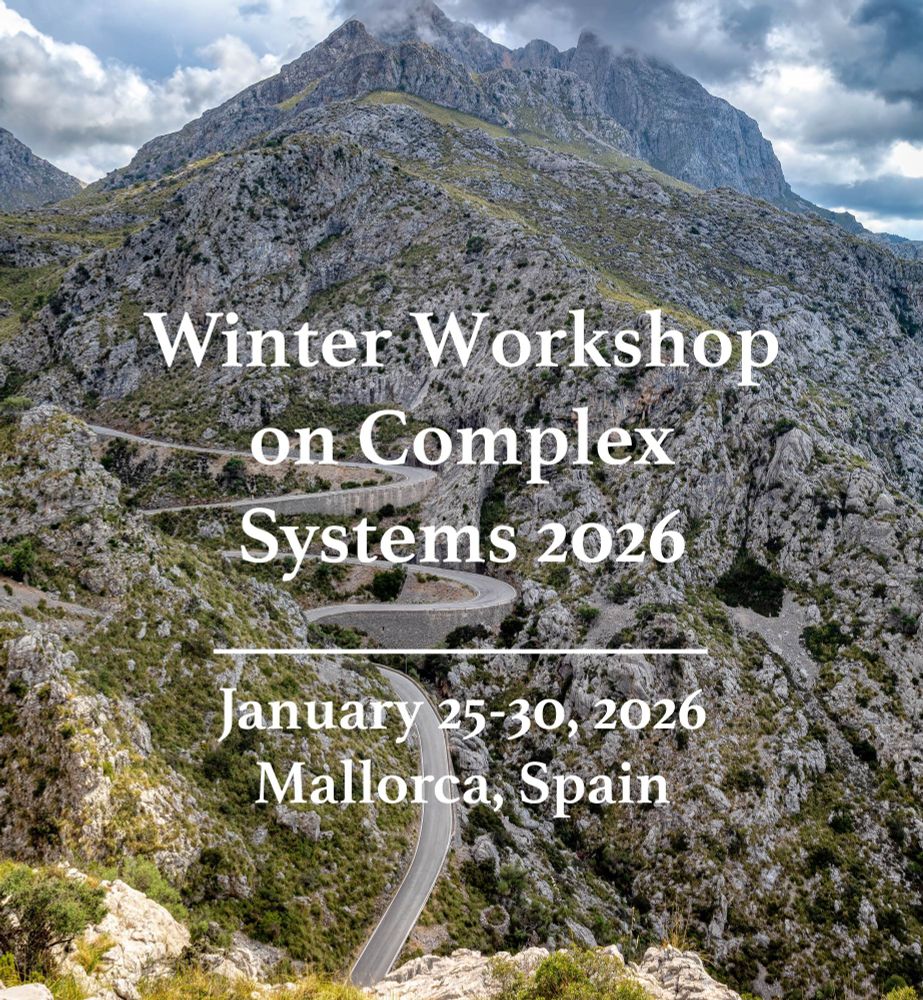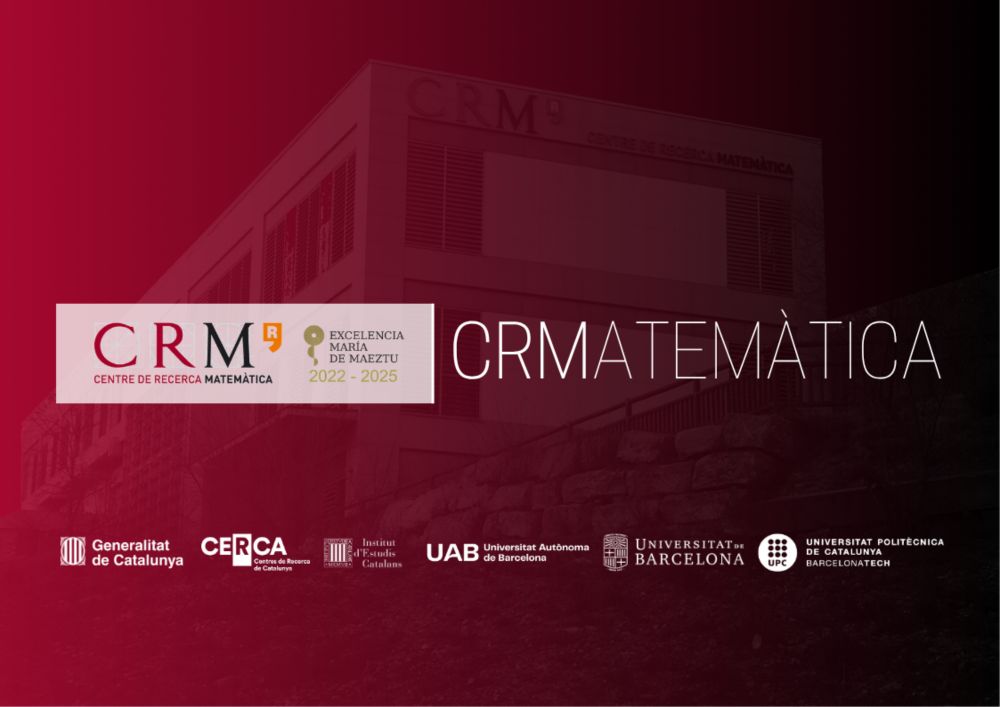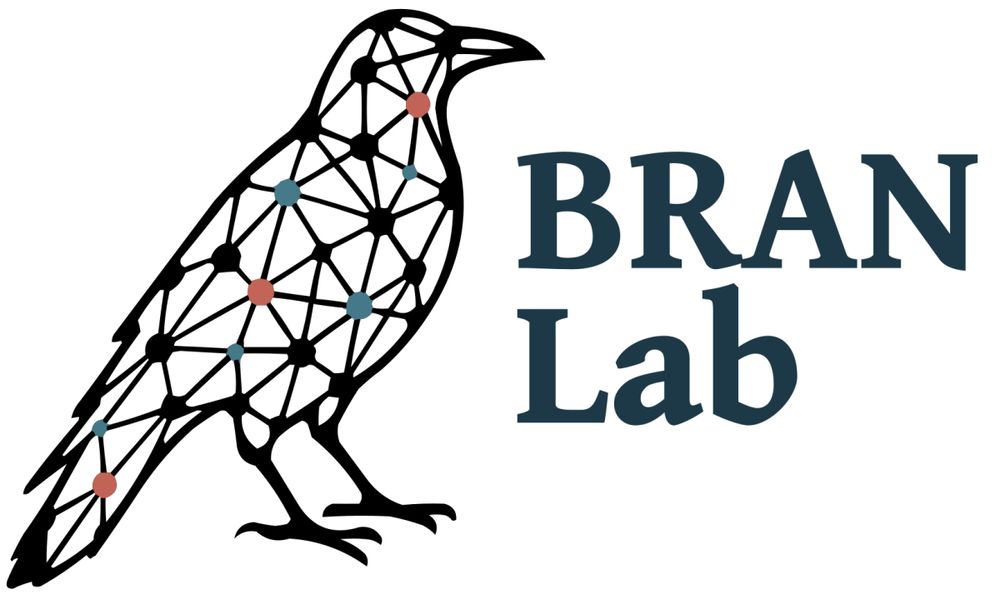Fernando Diaz-Diaz
@fernandodiazdiaz.bsky.social
340 followers
260 following
78 posts
Physicist by training, mathematician by work.
Assistant Prof. at the University Carlos III (Madrid). Currently exploring the mathematical properties of signed networks.
Also interested in statistics, international relations, and mathematical finance.
Posts
Media
Videos
Starter Packs
Reposted by Fernando Diaz-Diaz
Reposted by Fernando Diaz-Diaz
Reposted by Fernando Diaz-Diaz
Reposted by Fernando Diaz-Diaz
Reposted by Fernando Diaz-Diaz
Reposted by Fernando Diaz-Diaz
Reposted by Fernando Diaz-Diaz
Reposted by Fernando Diaz-Diaz
Reposted by Fernando Diaz-Diaz
Reposted by Fernando Diaz-Diaz
Reposted by Fernando Diaz-Diaz
Reposted by Fernando Diaz-Diaz



















